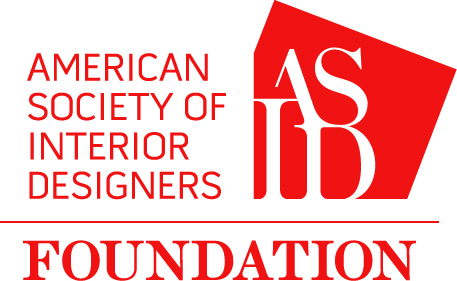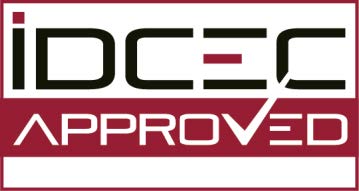
Trauma-Informed Design for Homeless Populations
-
You must log in to register
- Guest - $59
- ASID Member - Free!
Learn research-based design strategies for creating safe, healing, and welcoming environments for vulnerable populations and the people who serve them.
Continuing Education Approvals
- 1 IDCEC CEU | HSW | CC-118150R1 (Your CEU will be reported to IDCEC on your behalf)
- 1 AIA LU | HSW | ASIDFTID (AIA Members: Please contact education@asid.org to have your completion reported or add your AIA Member number to your ASID account profile.)
Supported by

Description
Across North America hundreds of thousands of people are currently living without permanent housing. How can design help to reduce trauma and instill resiliency in people experiencing homelessness? Supported by research funded by the ASID Foundation, learn trauma-informed design strategies for creating safe, healing, and welcoming environments for vulnerable populations and the people who serve them, focused on elements such as layout and planning, comfort, paint and color, furniture and finishes, flooring, lighting, and biophilia. Review research-based guidelines and case studies to provide a better understanding of how trauma-informed design can benefit shelters and other agencies by offering broad solutions for communities and homeless populations, including consideration of budget constraints. Design teams, contractors, and shelter providers will all benefit from guidance on creating healthy and supportive spaces for people experiencing homelessness.
What You Will Learn
- Discuss the types of people experiencing homelessness and associated traumas, their unique needs and design solutions to address their needs.
- Provide a better understanding of how trauma-informed design can benefit shelters and offer broad solutions.
- Identify how design can nurture the happiness, health and performance of staff and volunteers working within different facility types.
- Examine how shelters and other social service providers are using trauma-informed design to create healthier, more supportive environments.
Access Period: One year from registration date.
Pam Light, FIIDA, LEED AP
Founder
Pam Light Design
Pam Light, FIIDA, LEED AP, is an interior designer with more than 40 years of experience helping commercial and healthcare clients create spaces that promote collaboration, productivity, health, and well-being. She was the HOK Los Angeles Principal that led the HOK IMPACT report for the United Way on Trauma and Resiliency. After retiring from HOK in 2020, Pam formed her own firm that focuses on furniture design with her husband, John Duffy, and her continuing work in philanthropy.
Kay Sargent, FASID, FIIDA, CID, LEED® AP, MCR.w, WELL AP
Senior Principal | Director of WorkPlace
HOK
With 38 years of experience, Kay is a recognized expert on workplace design and strategy issues and an award-winning designer. Kay is Global Co-Director of HOK’s WorkPlace team and sits on HOK’s Board of Directors. In 2020 she was named ASID’s Designer of Distinction. In 2021 she was selected from her field of peers to provide Congressional Subject Matter Expert Testimony to the U.S. House of Representatives on “Federal Real Estate Post-COVID-19: A View from The Private Sector.” Kay also serves on the GSA Diversity taskforce and is an advisor for the HOK Diversity Advisory Council.

This CEU is registered with the International Design Continuing Education Council (IDCEC) for continuing education credits. This credit will be accepted by the American Society of Interior Designers (ASID), International Interior Designers Association (IIDA) and Interior Designers of Canada (IDC).
The content included is not deemed or construed to be an approval or endorsement by IDCEC of any material or construction or any method or manner of handling, using distributing or dealing in any material or product.
Questions related to specific materials, methods and services should be directed to the instructor and provider of the CEU.
This program is registered for 1 CEU value | HSW. The IDCEC class-code is: CC-118150R1.
Attendees who do not belong to ASID, IIDA or IDC and do not have a unique IDCEC number will be provided with a Certificate of Completion after this CEU.
